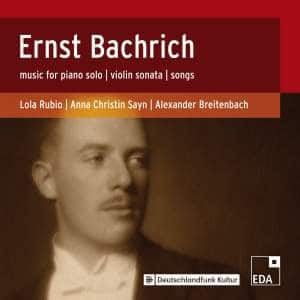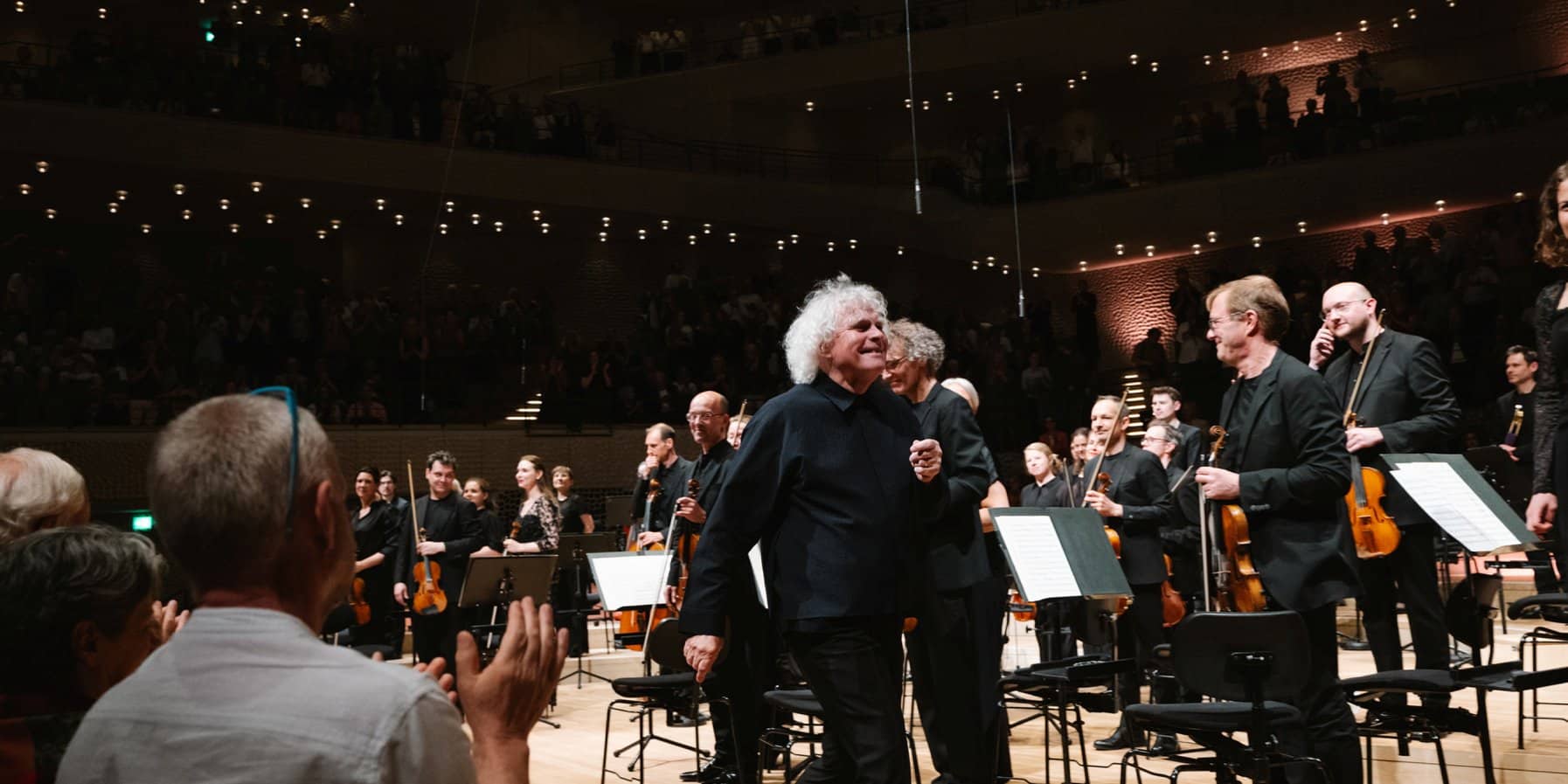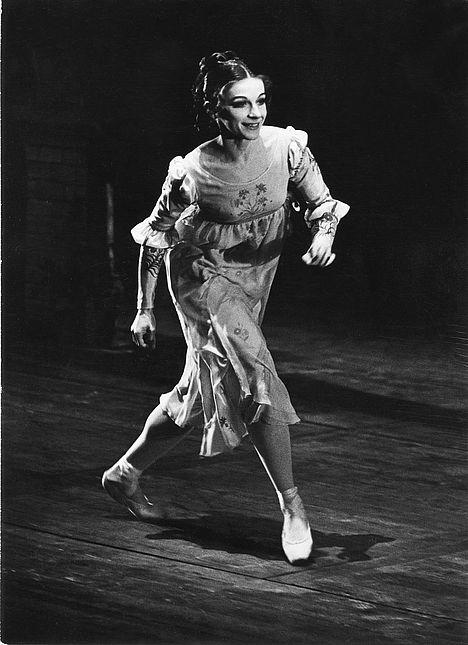Schoenberg’s murdered associate
mainWe have been alerted to what is claimed as a first recording of music by Ernst Bachrich, stident of Arnold Schoenberg and co-founder of the Society for Private Music performances.
Bachrich was murdered by the Nazis at Majdanek in 1942.
You can listen to samples of his music here.






One does well to check ‘claims’. There is a recording of Bachrich’s Duo for Cello and Violin by the Jansa Duo on the ARS label.
Perhaps, but the ARS label is all but gone.
Not “perhaps”. I’ve got that disc. I’m hard put to see how ARS being all but gone means they didn’t record that Duo before this disc of Bachrich’s piano music was made.
Bachrich ony had some private advice from Schoenberg during one year (1916-1917), so: in the midst of the 1st World War, in a chaotic period, which hardly counts as a ‘pupil of Schoenberg’. He was a conductor who wrote some chamber music on the side, as many performers did in those much more musically-erudite times. The music sounds exactly like early Schoenberg, reflecting the fin-de-siècle climate of 1900 Vienna, and shows a truly gifted fantasy, especially the songs.
“…… he was one of the most important protagonists of the Second Viennese School” – I never heard or read about the man, this marketing blurb is a serious exaggeration. Also it is ridiculous to speak of ‘The Second Viennese School’, which is merely part of 20C propaganda of merely ONE of the many different musical styles florishing in the 1st half of the last century, and the one the least performed and the most contested. Because Schoenberg never had any training at a formal institute like conservatory or university, he underlined his academic ambitions with his theorizing, and writing a big tome (‘Harmonielehre’, 1911) which had to prove his credentials. The term ‘Second Viennese School’ stems from his followers, who wanted to give the ideas of their master an academic gloss and in the same time, suggest that the music of Schoenberg, Berg and Webern followed, in terms of importance and quality, the ‘First Viennese School’ and what the h*ck was THAT supposed to be? Indeed, the trio of Haydn, Mozart and Beethoven, whose music formed the very basis of the entire Western performance culture. Of course this is nonsensical since those first three never formed any ‘school’, neither needed they ANY academic ambition, and never operated as a ‘group’. Given the antithesis of the 20C Viennese three and their followers in relation to these innocent earlier Viennese, such embarrassing propaganda nonsense merely disguises the real meaning of both the ‘old’ and the ‘new’ ones: what the earlier three built-up, was carefully deconstructed and destroyed by Schoenberg and his followers.